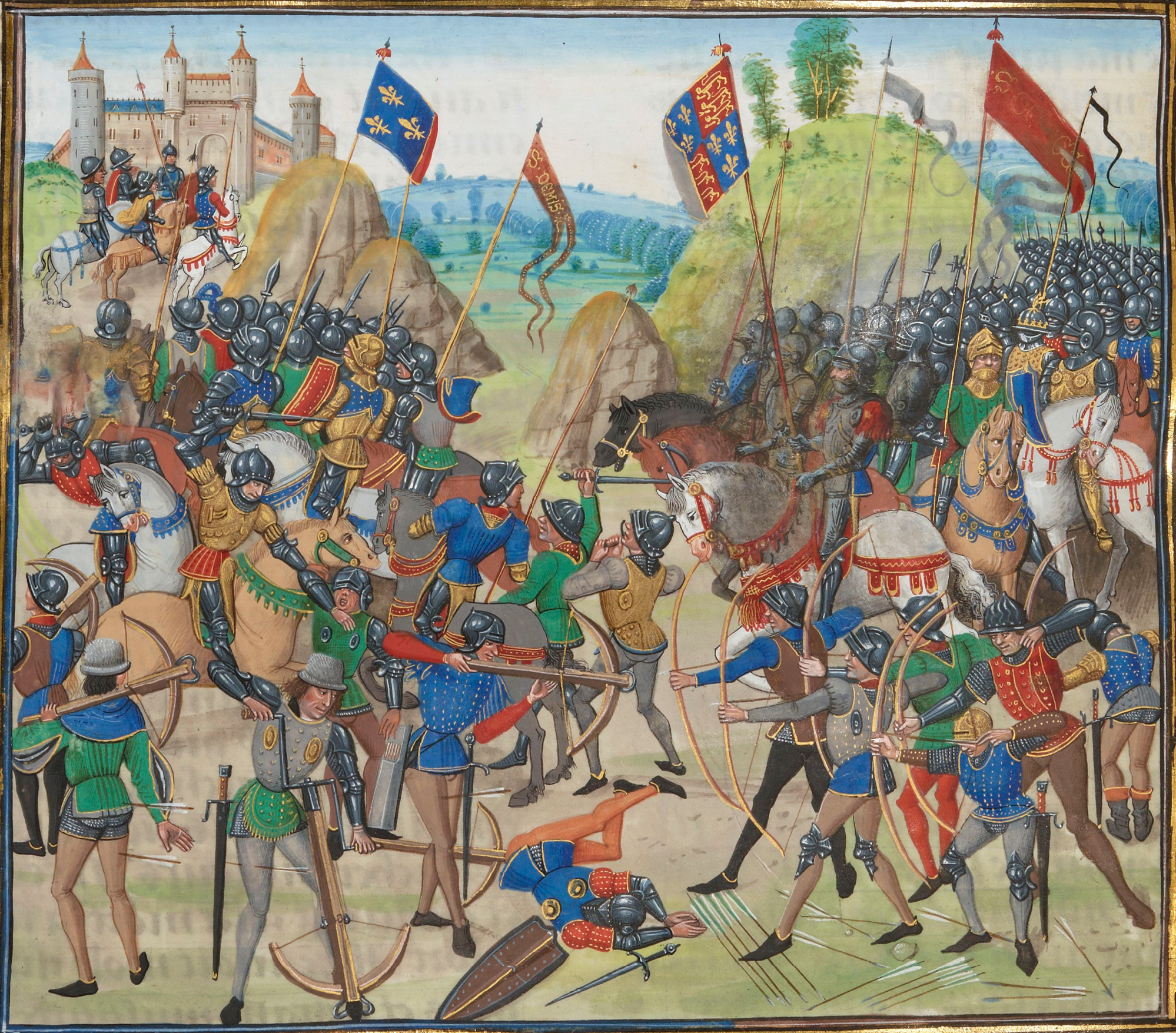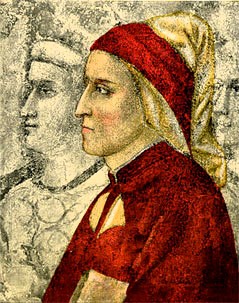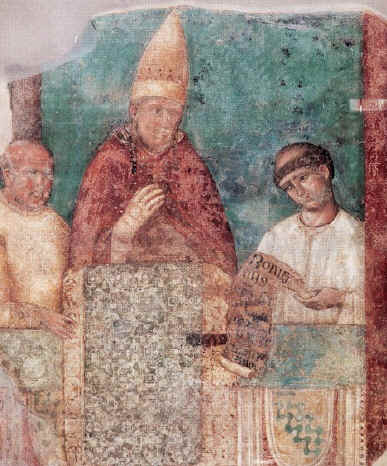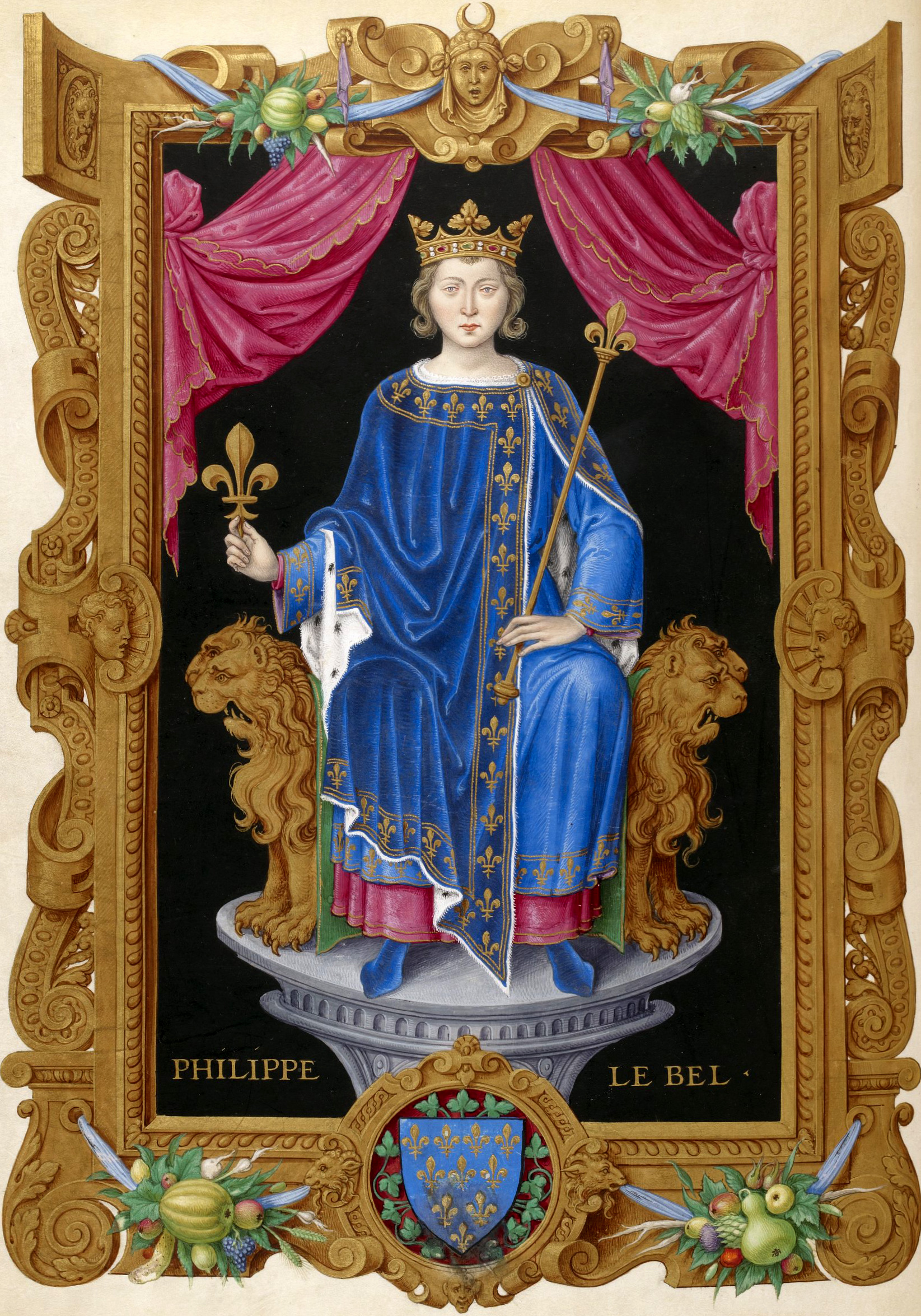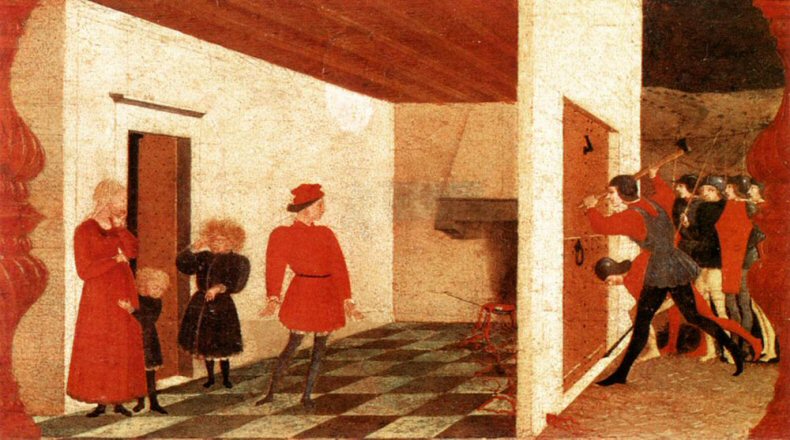Villani, Giovanni, approximately 1275-1348
Enlarge text Shrink text- Giovanni Villani e i suoi continuatori, 1998.
- His Giovanni Villani, c2002:t.p. (Giovanni Villani) p. 3 (b. between 1275 and 1280, Firenze; d. 1348)
- The final book of Giovanni Villani's New chronicle, 2016:title page (Giovanni Villani) title page verso (CIP heading: Villani, Giovanni, -1348) page 1 (born sometime around 1275) page 4 (died in 1348)
- Encyclopaedia Britannica, via WWW, March 5, 2018(Giovanni Villan, Italian historian;born c. 1275, Florence--died 1348, Florence; Italian chronicler whose European attitude to history foreshadowed Humanism)
- Academic Kids Encyclopedia, via WWW, March 5, 2018(Giovanni Villani; Giovanni Villani (ca 1275-1348), the Florentine writer of the famous chronicles (the Cronica) is the greatest Italian chronicler of his own times and the cornerstone of the early medieval history of Florence; his interest in economic details makes him the most modern of the late medieval chroniclers; he wrote in Italian of events beyond those he was directly concerned with as a leading merchant personally involved in Florentine diplomacy and the city's public life)
Giovanni Villani (Italian pronunciation: [dʒoˈvanni vilˈlaːni]; c. 1276 or 1280 – 1348) was an Italian banker, official, diplomat and chronicler from Florence who wrote the Nuova Cronica (New Chronicles) on the history of Florence. He was a leading statesman of Florence but later gained an unsavoury reputation and served time in prison as a result of the bankruptcy of a trading and banking company he worked for. His interest in and elaboration of economic details, statistical information, and political and psychological insight mark him as a more modern chronicler of late medieval Europe. His Cronica is viewed as the first introduction of statistics as a positive element in history. However, historian Kenneth R. Bartlett notes that, in contrast to his Renaissance-era successors, "his reliance on such elements as divine providence links Villani closely with the medieval vernacular chronicle tradition." In recurring themes made implicit through significant events described in his Cronica, Villani also emphasized three assumptions about the relationship of sin and morality to historical events, these being that excess brings disaster, that forces of right and wrong are in constant struggle, and that events are directly influenced by the will of God. Villani was inspired to write his Cronica after attending the jubilee celebration in Rome in 1300 and noting the venerable history of that city. He outlined the events in his Cronica year for year, following a strictly linear narrative format. He provided intricate details on many important historical events of the city of Florence and the wider region of Tuscany, such as construction projects, floods, fires, famines, and plagues. While continuing work on the Cronica and detailing the enormous loss of life during the Black Death in 1348, Villani died of the same illness. His work on the Cronica was continued by his brother and nephew. Villani's work has received both praise and criticism from modern historians. The criticism is mostly aimed at his emphasis on supernatural guidance of events, his organizational style, and his glorification of the papacy and Florence.
Read more on Wikipedia >
 Personality
Personality



